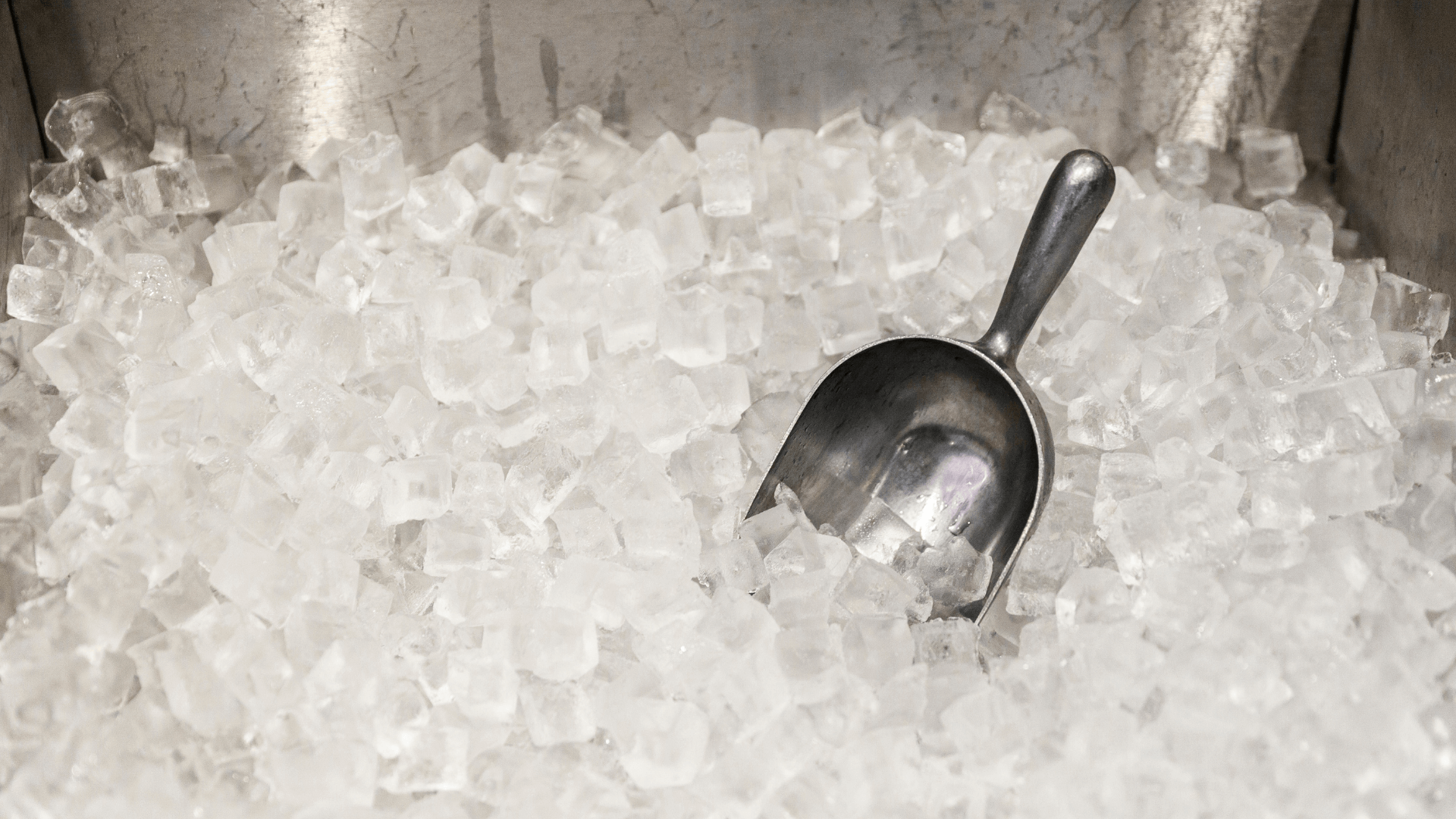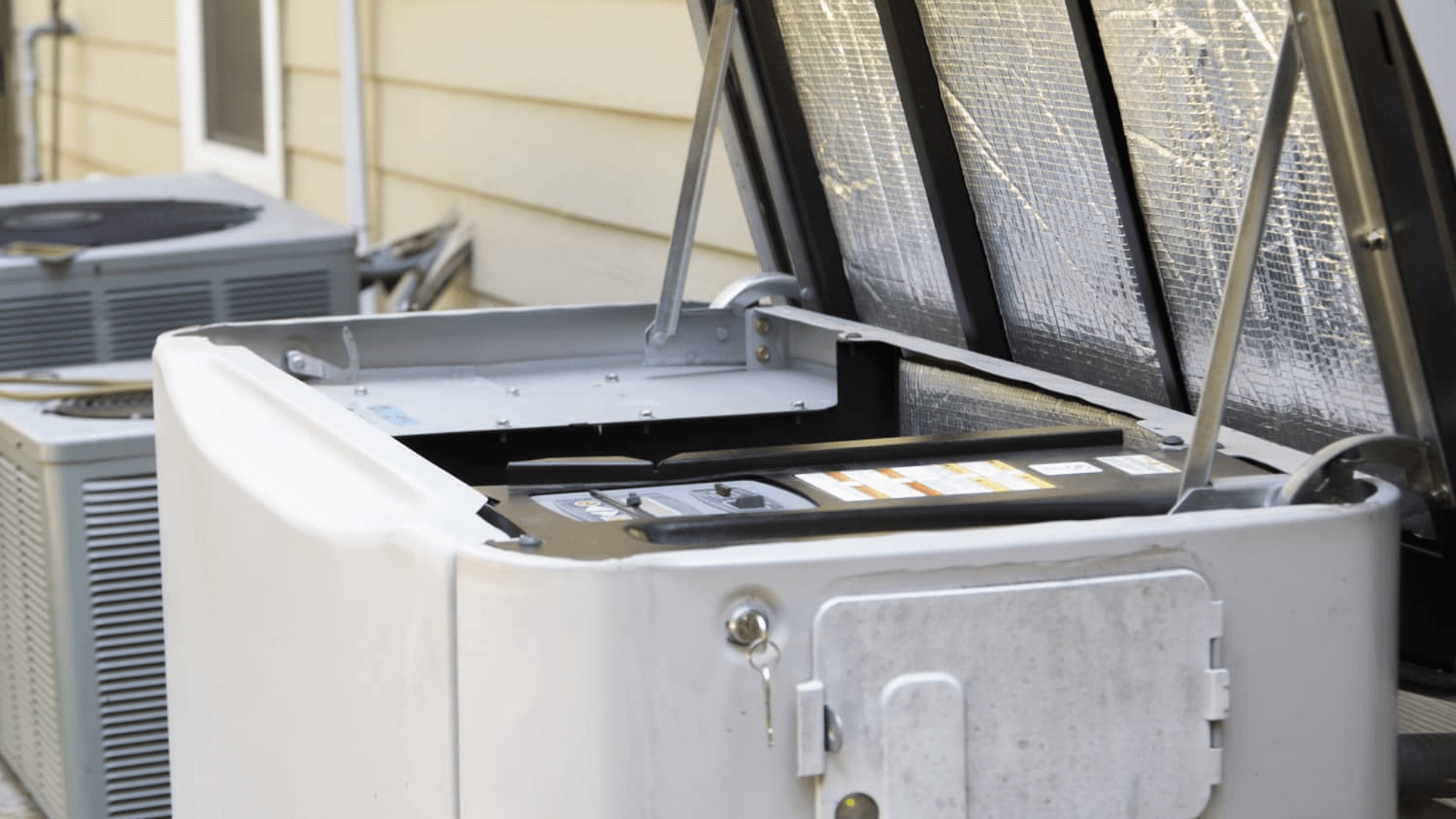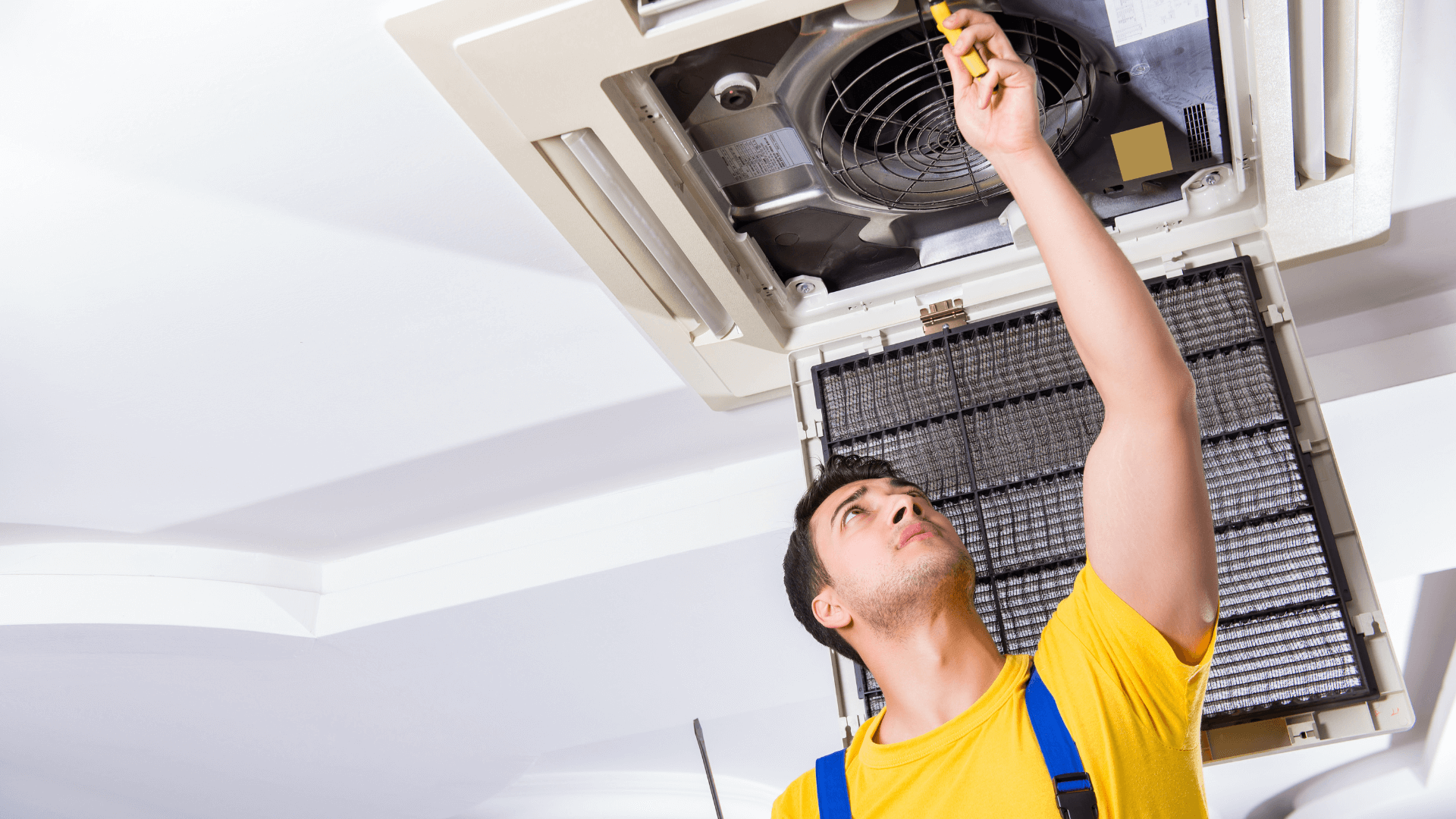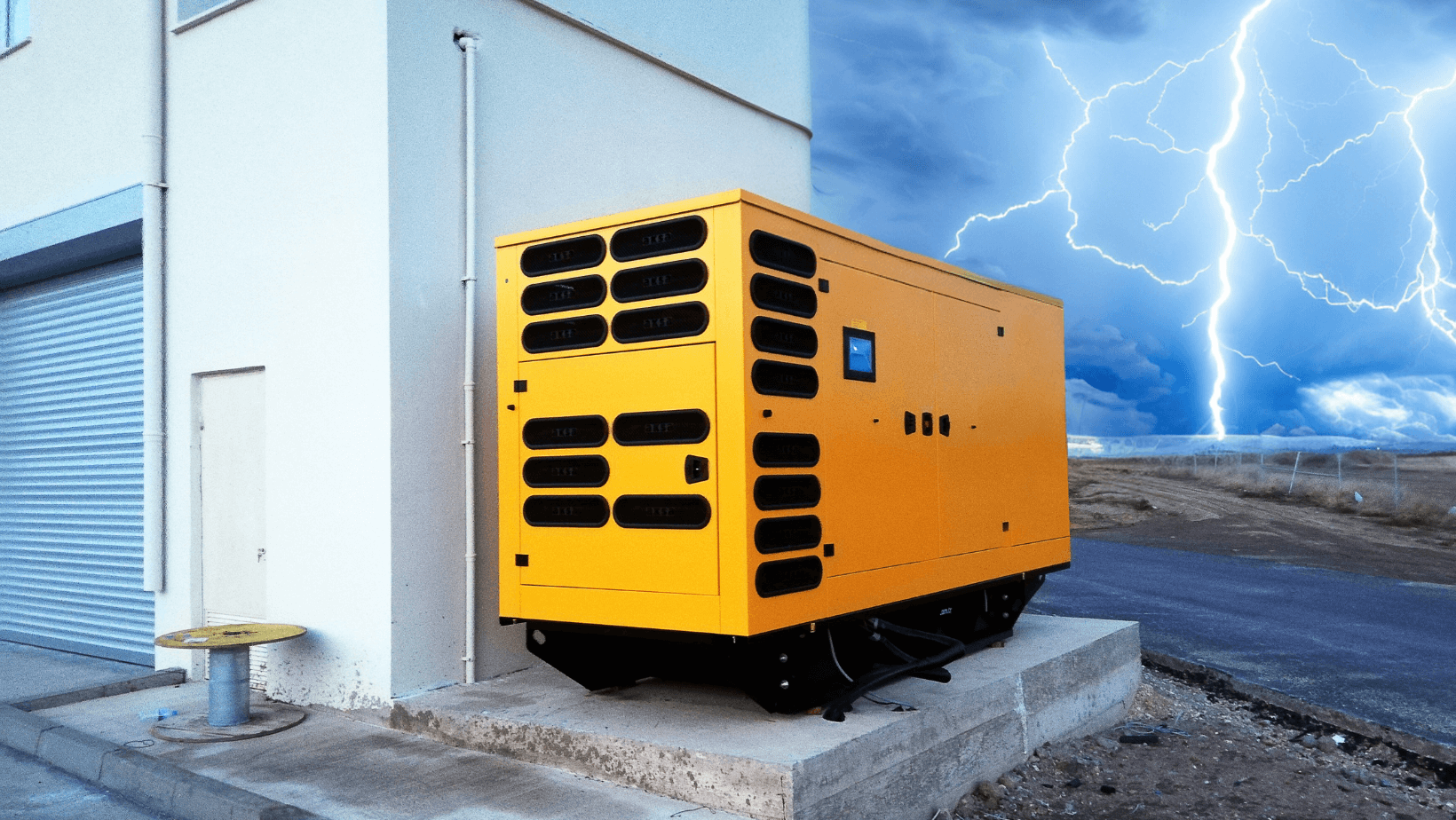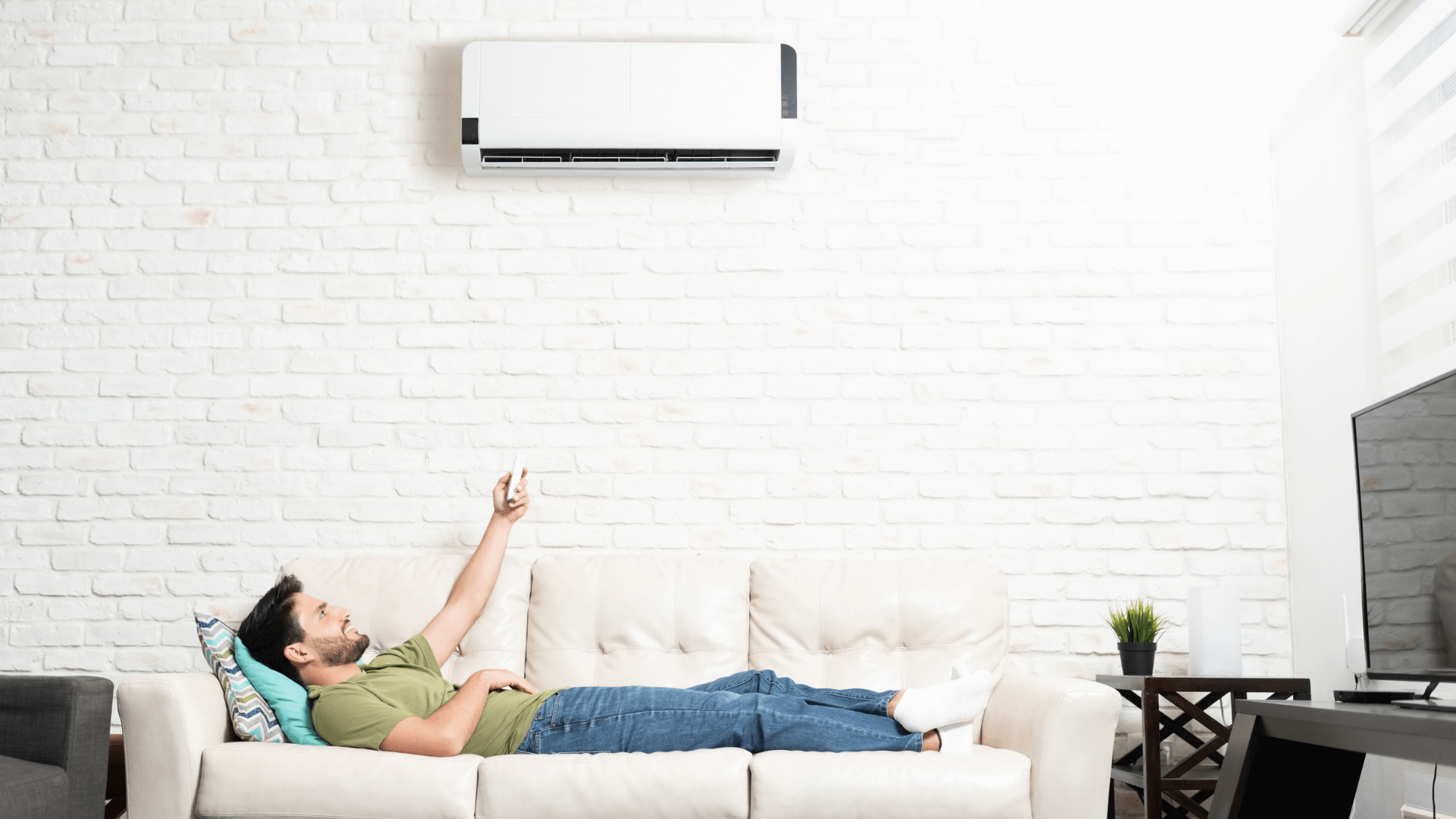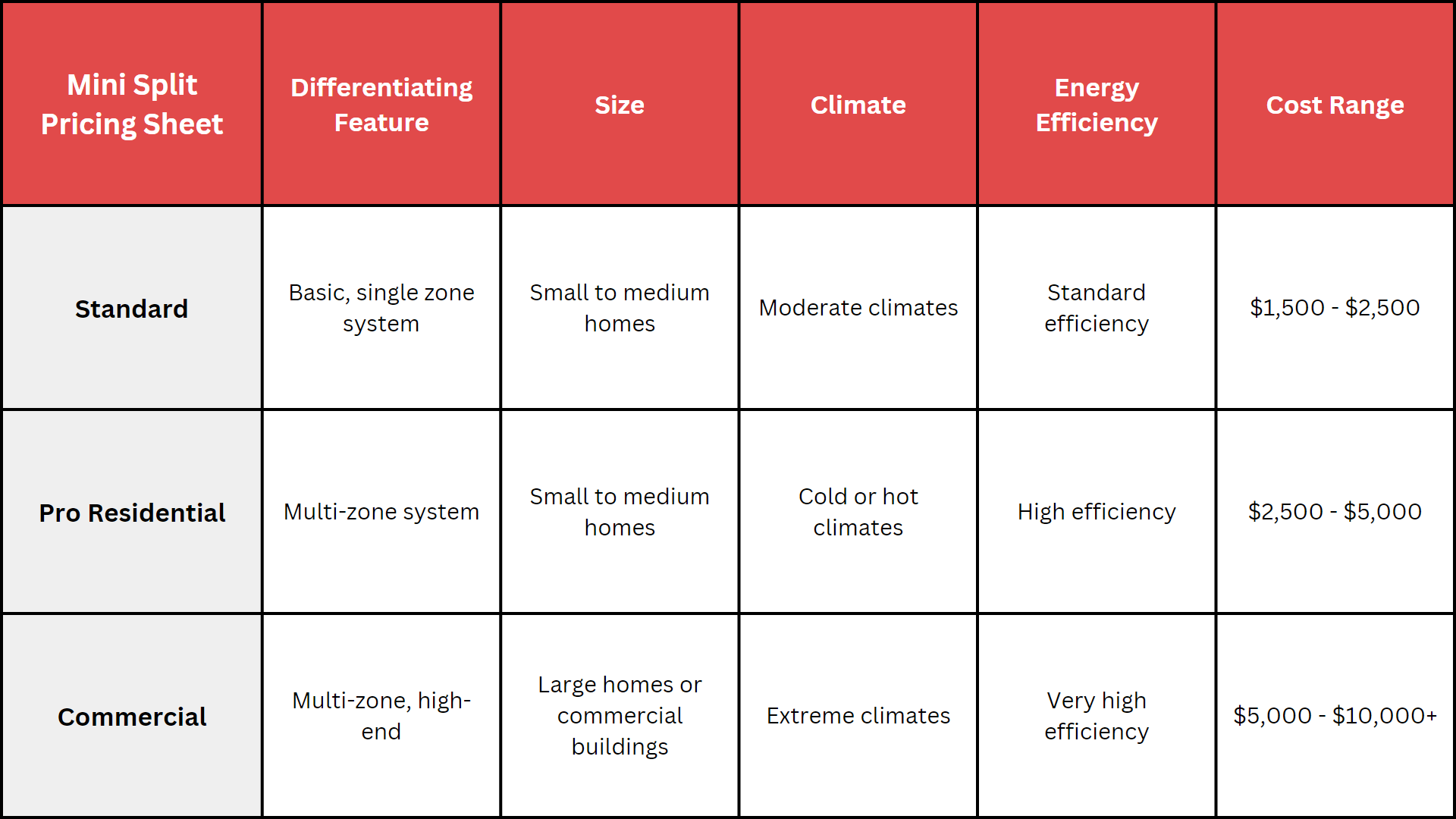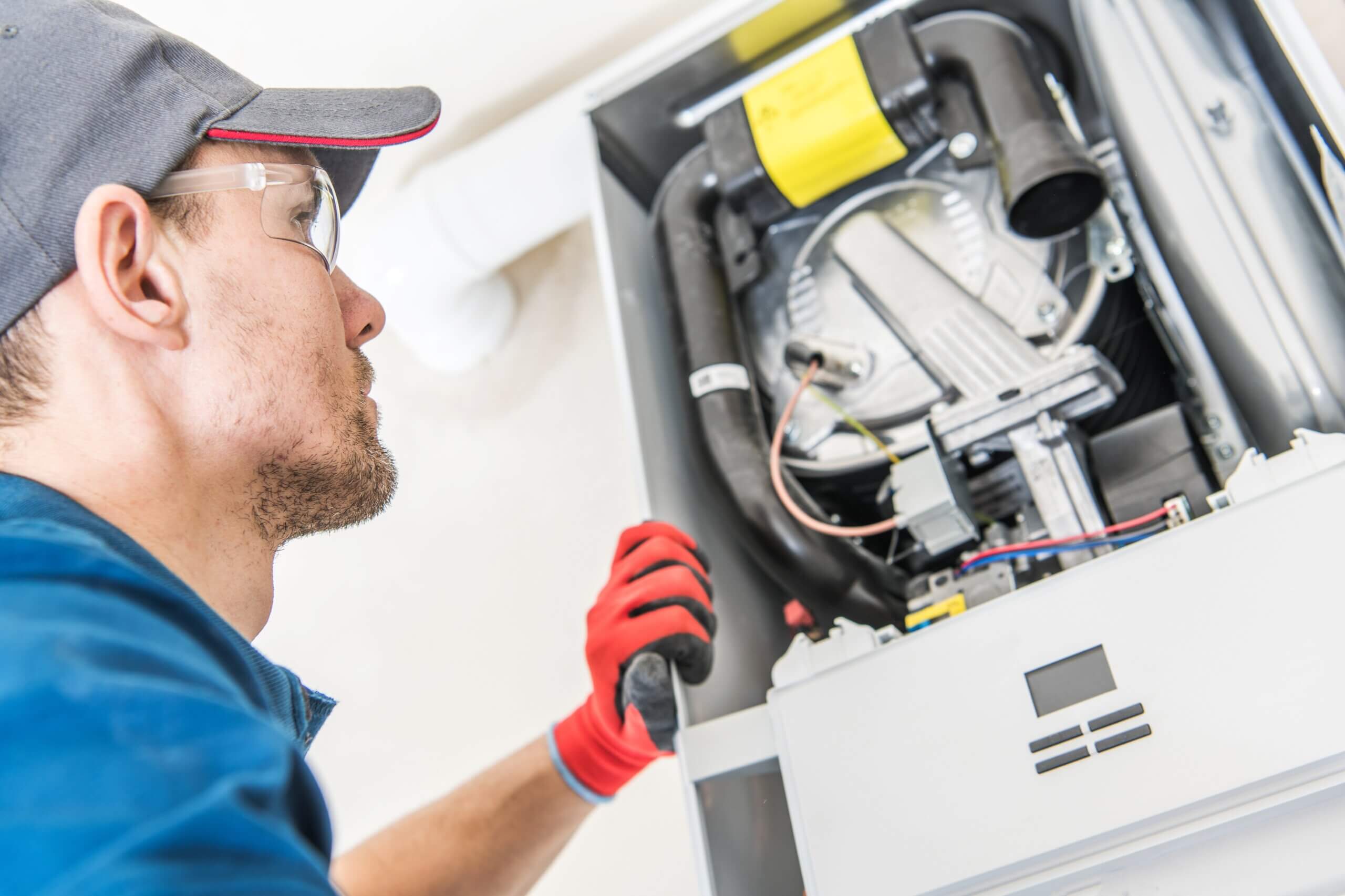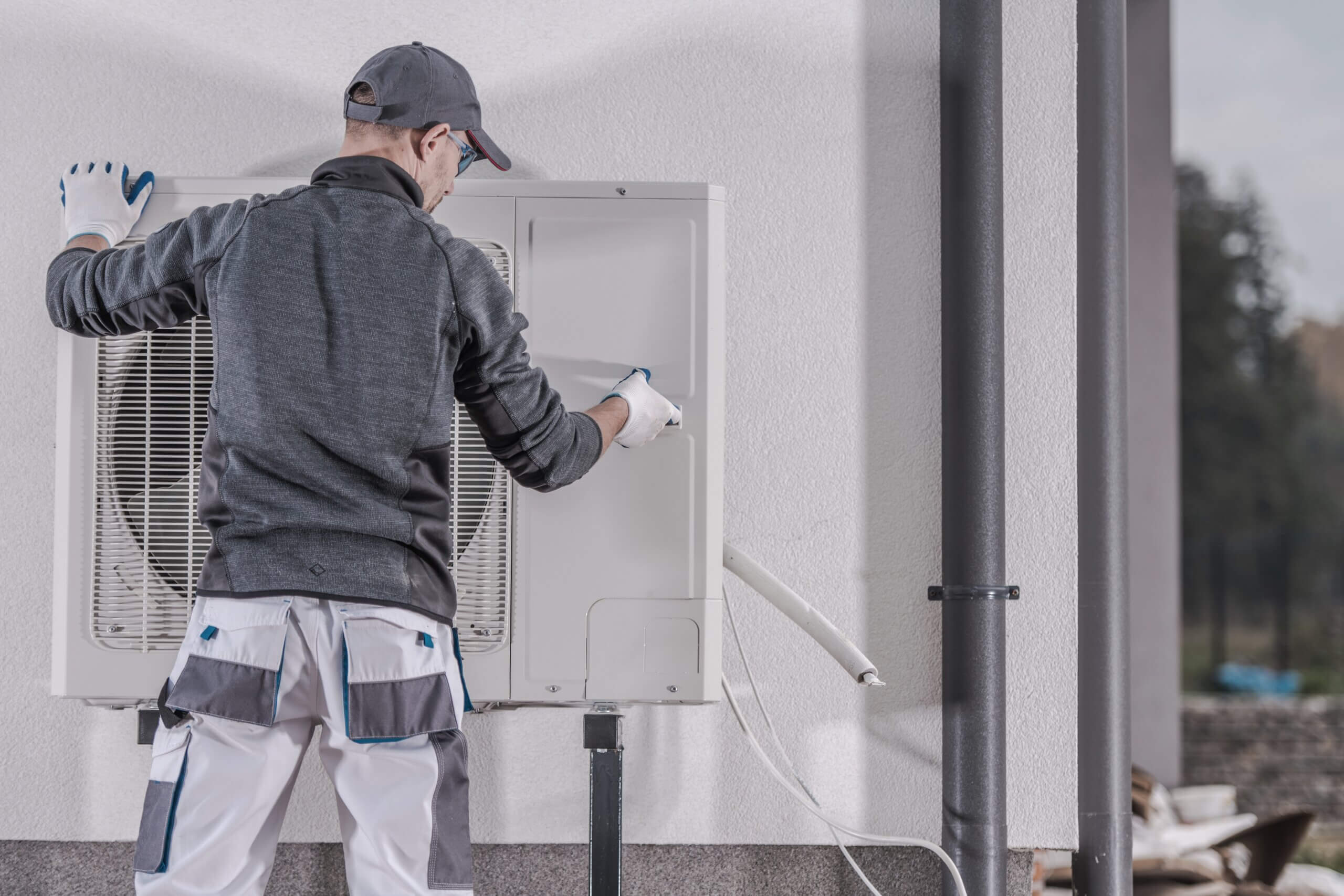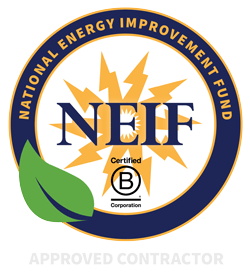Issues Found During Inspection Hurting Your AC Performance
- Cooling

The importance of AC Inspections
As temperatures climb, a healthy air conditioner is crucial for keeping your indoor environment comfortable. Regular AC inspection is vital to ensure your system is running efficiently and safely. This blog delves into the importance of AC inspections and outlines common issues that can arise, helping both homeowners and business owners maintain a cool, comfortable space.
Recommended Frequency for AC Inspections
To maintain your air conditioner’s performance and safety at its peak, scheduling a detailed AC inspection annually is recommended. This routine maintenance acts as a health check for your system, helping to protect your investment and guarantee comfort throughout the hot season.
Common Issues Uncovered During AC Inspections
Inspectors often find several typical problems during an AC check. These include:
- Dirty Filters: Clogged filters restrict airflow and reduce efficiency. Changing filters regularly boosts system performance and longevity.
- Worn Components: Parts like capacitors, fans, and compressor units can wear out or malfunction. Early detection and repair during inspections can prevent more significant problems.
- Thermostat Issues: Incorrect thermostat settings or malfunctions can lead to poor cooling and increased energy consumption.
- Drainage Problems: Blocked drain lines can cause water leaks and increase humidity levels, impacting comfort and air quality.
Consequences of Neglecting AC Issues
Ignoring issues highlighted during AC inspections can lead to decreased efficiency, higher utility bills, reduced comfort, and safety risks. Minor problems can escalate into major repairs or even require system replacement if not addressed timely.
AC Inspection Services by [Your Company Name]
At [Your Company Name], we focus on your comfort and safety. We handle all types of AC systems and our comprehensive inspection process includes:
- Thorough System Examination: We check all components of your AC system.
- Cleaning and Maintenance: We clean critical parts and perform necessary tune-ups.
- Problem Detection: We identify any underlying issues with your AC system.
- Safety Checks: We ensure your system is operating safely.
- Repair and Upgrade Recommendations: We advise on necessary repairs or upgrades.
Benefits of Regular AC Inspections
Having your AC system inspected regularly offers numerous advantages, including:
- Improved energy efficiency
- Enhanced indoor comfort
- Extended lifespan of your AC unit
- Increased safety
- Lower utility bills
- Peace of mind that your AC is functioning properly
Importance of Timely Inspections
Regular AC inspections are crucial for maintaining a cool and safe environment during warmer months. By addressing common problems early and ensuring your AC system is in excellent condition, you can enjoy improved efficiency, comfort, and peace of mind. Don’t wait for the heat to become unbearable—schedule an AC inspection with [Your Company Name] today to ensure your system runs smoothly all season long.
So be sure to call North Shore Home Energy today, Just read some of our five star reviews today and see what some of our happy customers had so say!

